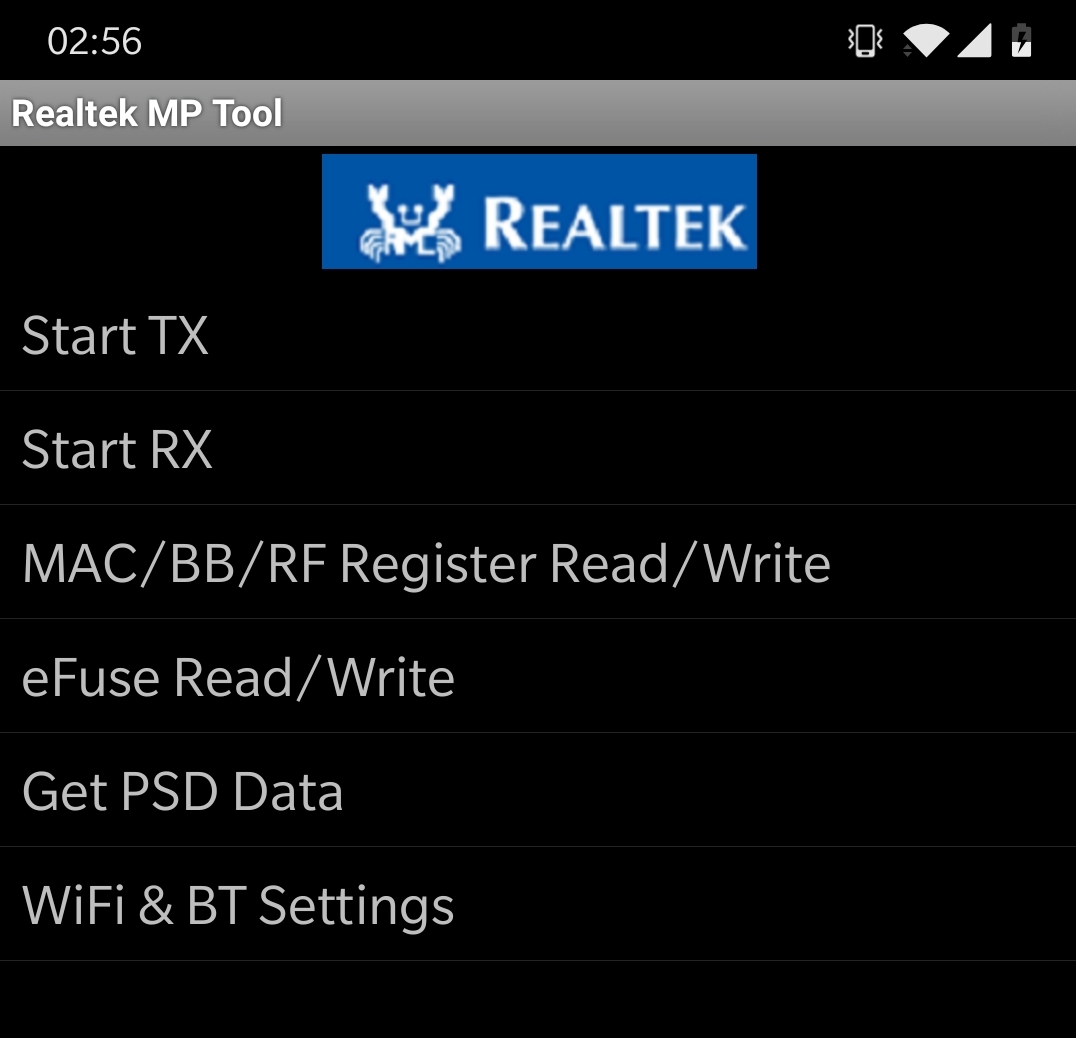This driver can be installed using [DKMS]. This is a system which will automatically recompile and install a kernel module when a new kernel gets installed or updated. To make use of DKMS, install the dkms package, which on Debian (based) systems is done like this:
$ sudo apt-get install dkms
In order to install the driver open a terminal in the directory with the source code and execute the following command:
$ sudo ./dkms-install.sh
In order to remove the driver from your system open a terminal in the directory with the source code and execute the following command:
$ sudo ./dkms-remove.sh
For building & installing the driver with 'make' use
$ make
$ make install
Check the documents folder for more information on how to setup wpa_cli and hostapd
support on these drivers.
For 802.11ac (high speed), the driver also needs to be loaded
with:
"modprobe -r 88XXau" && "modprobe 88XXau rtw_vht_enable=2"
# For a bit more info on AP/STA mode configuration, see following links:
- https://blog.fraggod.net/2017/04/27/wifi-hostapd-configuration-for-80211ac-networks.html
- https://github.com/mk-fg/archlinux-pkgbuilds/issues/2#issuecomment-325991813
Download
$ git clone -b v5.2.20 https://github.com/svpcom/rtl8812au.git
$ cd rtl*
Package / Build dependencies (Kali)
$ apt-get install build-essential
$ apt-get install bc
$ apt-get install libelf-dev
$ apt-get install linux-headers-`uname -r`
For Raspberry (RPI 2/3) you will need kernel sources
$ wget "https://raw.githubusercontent.com/notro/rpi-source/master/rpi-source" -O /usr/bin/rpi-source
$ chmod 755 /usr/bin/rpi-source
$ rpi-source
Then you need to download and compile the driver on the RPI
$ git clone https://github.com/aircrack-ng/rtl8812au -b v5.2.20
$ cd rtl*
$ make
$ cp 8812au.ko /lib/modules/`uname -r`/kernel/drivers/net/wireless
$ depmod -a
$ modprobe 88XXau
then run this step to change platform in Makefile, For RPI 2/3:
$ sed -i 's/CONFIG_PLATFORM_I386_PC = y/CONFIG_PLATFORM_I386_PC = n/g' Makefile
$ sed -i 's/CONFIG_PLATFORM_ARM_RPI = n/CONFIG_PLATFORM_ARM_RPI = y/g' Makefile
But for RPI 3 B+ you will need to run those below which builds the ARM64 arch driver:
$ sed -i 's/CONFIG_PLATFORM_I386_PC = y/CONFIG_PLATFORM_I386_PC = n/g' Makefile
$ sed -i 's/CONFIG_PLATFORM_ARM64_RPI = n/CONFIG_PLATFORM_ARM64_RPI = y/g' Makefile
- Fix problematic interference in monitor mode.
$ airmon-ng check kill
You may also uncheck the box "Automatically connect to this network when it is available" in nm-connection-editor. This only works if you have a saved wifi connection.
- Set interface down
$ ip link set <wlan1> down
- Set monitor mode
$ airmon-ng start <wlan1>
or
$ iw dev <wlan1> set type monitor
- Set interface up
$ ip link set <wlan1> up
For setting TX power to a fixed index (1=min, 63=max)
$ iwconfig <wlan1> txpower -30
or
$ iw <wlan1> set txpower fixed -3000
CONFIG_LED_ENABLE = nvalue can be y or n
options 88XXau rtw_led_enable=0value can be 0 or 1
$ echo "0" > /proc/net/rtl8812au/$(your interface name)/led_enablevalue can be 0 or 1
$ cat /proc/net/rtl8812au/$(your interface name)/led_enableCheck "documents" and "tools" folders for information
We also got a Android APK tool for debugging several chipsets
Newer versions of NetworkManager got some options you might want to disable. Simply add these lines into the NetworkManager.conf
[device]
wifi.scan-rand-mac-address=no
[ifupdown]
managed=false
[connection]
wifi.powersave=2
at the end of file /etc/NetworkManager/NetworkManager.conf and restart NetworkManager with the command:
$ sudo service NetworkManager restart
